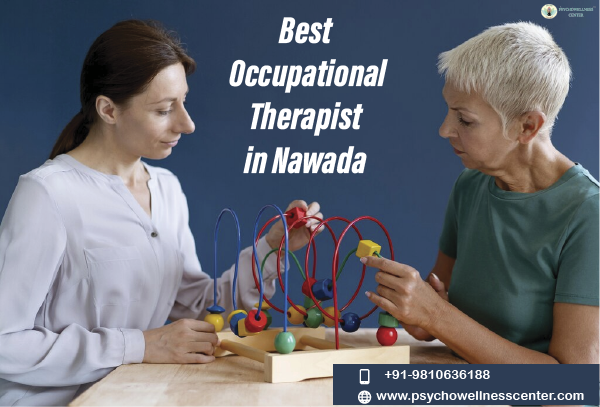Dominating Cosmetic Procedures on Social Media: The Impact on Mental Health

In recent years, social media platforms have become a stage where influencers and celebrities openly discuss and promote cosmetic procedures. As these discussions become more prevalent, people are becoming increasingly comfortable with the idea of undergoing such procedures themselves. The pursuit of the so-called "perfect" look is changing people's perspectives, leading to a surge in plastic surgery. However, the widespread obsession with achieving an idealized appearance through surgical means is not without consequences, as it can significantly impact mental health.
The Rise of Plastic Surgery: A Growing Obsession
Plastic surgery procedures have been on the rise in recent years, with data indicating a substantial increase in their numbers. The desire to appear young and flawless has led people to take drastic measures, often resorting to cosmetic surgeries as a quick fix. However, this obsession with attaining perfection through physical appearance should prompt individuals to reevaluate their relationship with aging and self-acceptance.
Social Media and Body Image: The Negative Impact
The contrast between the idealized body types portrayed on social media and the diverse range of body types among users creates a significant disparity. Research has shown that exposure to such unrealistic beauty standards can lead to body dissatisfaction, particularly among young individuals. This dissatisfaction is often linked to disordered eating patterns, as people attempt extreme dieting to attain the unattainable beauty ideals. Psychologist Dr. R.K. Suri advocate the need to challenge this concept of a "perfect" body and encourage a shift towards recognizing and appreciating more meaningful and important qualities.
Promoting Disordered Eating: A Disturbing Consequence
For individuals who cannot afford cosmetic procedures, the pressure to conform to societal beauty standards may lead to disordered eating behaviors. Poor body image, stemming from the relentless pursuit of a specific appearance, can trigger depression, anxiety, eating disorders, and feelings of shame. The inability to achieve the perceived "perfect" look can cause immense distress and negatively impact a person's overall well-being.
The Responsibility of Social Media
Social media platforms play a significant role in fostering body dissatisfaction among users. Algorithms that promote comparison-driven content can exacerbate the relationship between social media and body image issues. Continuous engagement in comparison, combined with the pressure to conform, creates a negative loop that further impacts individuals' mental health.
The Body Positive Movement: A Beacon of Hope
Amidst the sea of unrealistic beauty standards, the body positive movement offers a glimmer of hope. Being mindful of whom we follow on social media can significantly influence how we perceive ourselves. Following individuals who promote positive body image, are open and real about their insecurities, and advocate for self-acceptance can foster healthier relationships with our bodies.
Key Takeaway
The dominance of cosmetic procedures on social media is altering society's perception of beauty and leading to an increased interest in achieving an unattainable "perfect" look. This unhealthy obsession with physical appearance is causing a ripple effect on mental health, contributing to body dissatisfaction, disordered eating, anxiety, and depression.
As individuals, it is crucial to question the unrealistic beauty standards propagated by social media and recognize the value of diverse body types and self-acceptance. Companies, influencers, and social media platforms should also take responsibility for promoting positive body image and dismantling harmful beauty ideals. By embracing the body positive movement and celebrating our uniqueness, we can foster a healthier relationship with our bodies and promote better mental well-being for ourselves and future generations.

.png)


SHARE